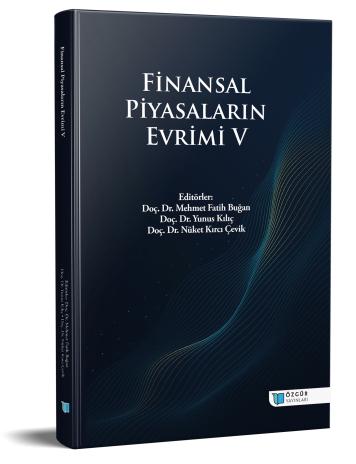
Sectoral Volatility Spillovers Between Turkey and International Markets
Chapter from the book:
Buğan,
M.
F.
&
Kılıç,
Y.
&
Kırcı Çevik,
N.
(eds.)
2025.
Evolution of Financial Markets V.
Synopsis
Volatility spillovers are considered one of the most important sources of risk in financial markets. Identifying these spreads is crucial for both policymakers and investors. It will increase the likelihood of achieving the expected benefits of investment if the investors consider volatility spillovers in their asset allocation and diversification decisions, in line with their investment preferences and the assets they will invest in. In this context, the study aims to determine volatility spillovers between sectoral stock markets in Turkey and other countries. For this purpose, volatility spillovers between industrial, financial, energy, real estate, and healthcare sector index returns of Turkey and 21 developed and developing countries were analyzed by Li and Enders (2018) causality in variance test expanded with Fourier functions. The most important finding of the study is that Turkish markets are generally highly sensitive to external volatility shocks and the direction and persistence of volatility spillovers vary at the sector by sector. The study results show that there are strong and persistent volatility spillovers between industrial sector and developed economies, while the financial sector exhibits structural integration with the global financial system. It is also seen that the energy sector is permanently affected by volatility shocks centered in Europe and Asia, while the real estate sector is relatively isolated from global integration and is exposed to temporary effects. In addition, it was determined that Turkey is permanently and structurally integrated into the global health sector, but there is a selective structure in volatility spillover. The results of the study reveals that the Turkish market is generally a volatility receiver on sectoral basis, but exhibits limited volatility spreading characteristics towards some developing country markets. The findings indicate that the effects of global financial integration on Turkish capital markets are deepening, that Turkey is generally in a risk receiver position in relations, and that integration increases the vulnerabilities.

